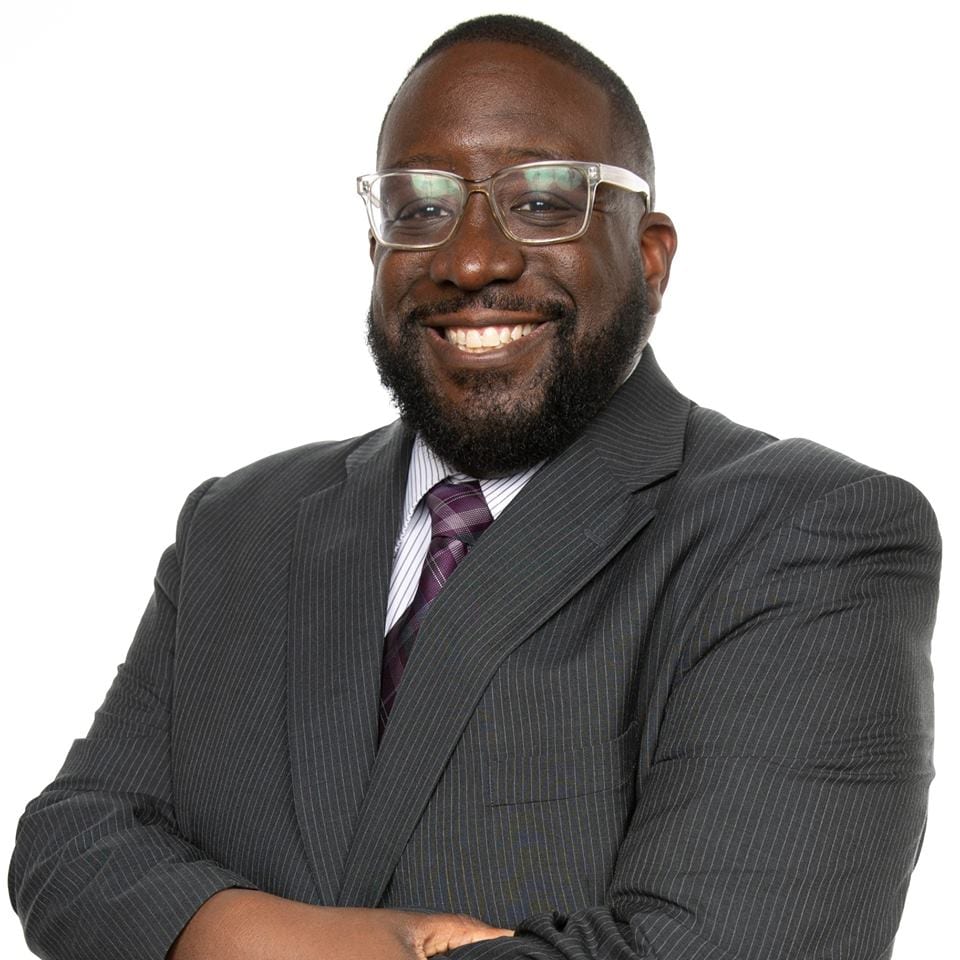The Law Preview Lawyer Roundtable Series gives you a look into the minds of diverse lawyers from across the country. Get advice on everything from your 1L year to how to leverage a mentorship opportunity in law school, and throughout your legal career.
In celebration of Black History Month, we’re highlighting seven accomplished African American lawyers in this month’s edition of the Law Preview Lawyer Roundtable Series. Check out the interview below!

Zuberi Williams
Maryland State Judiciary
Attended American University’s Washington College of Law
About Zuberi
Honorable Zuberi Bakari Williams believes that opportunity is the oxygen of our community. It is required to sculpt the true complexion of America’s future and shortens long odds.
Williams is no stranger to long odds and how opportunity changes them. His mother is an immigrant from a small South American village and his father was raised on the west side of Chicago’s inner city. At the age of 36, he was appointed by Governor Martin O’Malley as one of the youngest judges in Maryland history.
Williams is obsessed with providing that oxygen to others, including the poor, people of color, women, and members of our LGBTQ community to allow them authentic access to the “American Dream.”
To provide this oxygen for law students of color, Williams runs the ABA’s Judicial Opportunity Program (JIOP) for Maryland. He took JIOP to new levels by singlehandedly forging powerful relationships with some of America’s top companies, including Facebook, Google, Discovery Channel, and Under Armour. He walks JIOP interns into the company’s headquarters to meet with high-level executives. These meetings allow interns to learn how to be better candidates for employment while providing executives exposure to qualified diverse candidates in intimate settings.
Undergraduate: TCU; BBA
Law School: American University’s Washington College of Law; JD/MBA
Notables: Venable LLP; Attorney General for DC; Law Clerk to Honorable Gerald Bruce Lee and Honorable Robert M. Bell
Knowing what you know now about the legal profession, what advice would you give to students (particularly young men and women of color) who are about to begin their 1L year?
To read more than you write. And, write more than you speak.
The purpose of the first year is to absorb the basics of the law and figure out how lawyers think. You may be tempted to be vocal and push for the things in which you have strong beliefs. The things that made you want to go to law school in the first place. You may feel compelled to charge up the hill of injustice and equality all in that moment.
Don’t. Instead, read. Learn to listen. Observe. Write. Practice thinking. Persuade folks to move toward you by showing your tenacity to “get it right.” Focus on your grades and the fundamentals. Focus on what it takes to be taken seriously by your colleagues. How to make an impact on the law. How to best serve your clients.
Law school is a marathon, not a sprint. There will be time to wield your logic, tell your story, and to argue your beliefs. Get yourself straight first. It pays off later.
In what is clearly a very impressive legal career to date, list one job, a specific project or a case you that you are most proud of, and describe why. If you can’t pick just one, it’s okay to list a few!
I am especially proud of the work I did as an Administrative Law Judge for the State of Maryland. It can often times be an overlooked job. Our work and effect on the community was often underrated and under-appreciated.
See, you don’t get to wear a robe. Folks, often resist referring to you as a judge because you are not in the Judiciary, rather a construct from the Executive Branch. Most of the time, you don’t preside in some opulent courtroom. Instead, huddled in a small room, sharing a table with the state and citizen.
It is where the rubber meets the road. Folks are looking at you for help, literally across the table. You can’t hide. I saw how the law can fail people, but also how it gives people second chances. It was both hopeful and depressing at times. It helped to force me to be pragmatic in my approach and understand the real world effect of my decisions.
We did good work. We were thoughtful and collegiate. We wrote more opinions than trial judges.
I am proud of that work. It helped to make me a better judge, but more importantly, understand the awesome responsibility of my profession. I didn’t need a robe, or bailiffs, or the trappings of a court. I just needed to be me, listen, and work hard to get it right.
Giving back is important. Provide one organization (legal or otherwise) you have volunteered with and what made that experience so meaningful to you.
I believe that opportunity is the oxygen of our community. It is required to sculpt the true complexion of America’s future and shortens long odds.
I am no stranger to long odds and how opportunity changes them. My mother is an immigrant from a small South American village and my father was raised on the west side of Chicago’s inner city.
I am obsessed with providing that oxygen to others, including the poor, people of color, women, and members of our LGBTQ community to allow them authentic access to the “American Dream.”
To provide this oxygen for law students of color, I run the ABA’s Judicial Opportunity Program (JIOP) for Maryland. I took JIOP to new levels by singlehandedly forging powerful relationships with some of America’s top companies, including Facebook, Google, Discovery Channel, and Under Armour. I walk JIOP interns into the company’s headquarters to meet with high-level executives. These meetings allow interns to learn how to be better candidates for employment while providing executives exposure to qualified diverse candidates in intimate settings.
We all need to ask for help at some point. Did you ever ask someone to mentor or sponsor you as a law student or early-stage attorney (or have you served as a mentor)? If so, given your experience, what is your best advice for leveraging that type of relationship?
Don’t be afraid to ask for help. I have had many mentors.
If you want your mentor to be invested in you, you have to be invested in that mentor. He or she has goals, things they push for. You have to be as wedded to those things as they are to you.
Be genuine. Don’t only go to them for help. They should be a part of your exploration of where you fit in the law.


